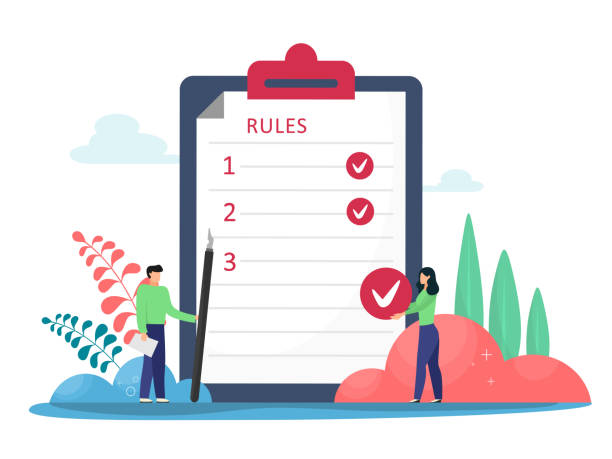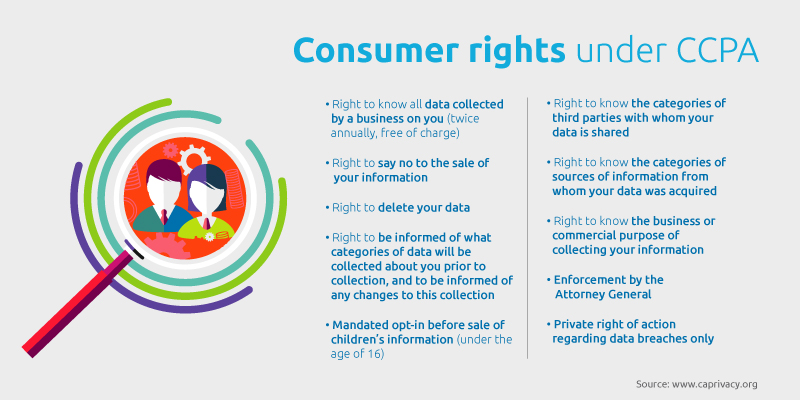
Social media has completely changed how humans interact with each other. It has also completely changed the notion of privacy, with reports that our phones can track or listen to whatever we say. While these may or may not be true, what is true is that some of our data is being shared with advertisers for them to show us targeted Ads. Whatever we search for online, the footprint we leave determines the kind of experience we will have. And this is what’s sparking privacy laws.
Privacy laws have had to change dramatically since the inception of the internet and it will continue to evolve as new technologies develop. Social media is just part of the struggle, and it’s been in the news for the last few years.
Understanding the Change with Facebook

Take the highly publicized Facebook Data Privacy scandal of 2016. This scandal saw the information of around 87 million people becoming accessible to data firms due to a number of factors, including accusations of inadequate precautions against companies harvesting data and developer abuse of Facebook’s API. Not to mention that as users we blindly click on ‘yes’ for whatever terms and conditions the app asks for when we use it to access other apps. We’ve come a long way since 2016, and even today, Facebook, growing at the rate at which it is growing, is impacting our daily lives.
Writing the Rules on its Own Terms

Facebook doesn’t agree with the strict privacy laws and regulations that most countries have implemented. It released a white paper last year terming privacy practices and laws as ‘insufficient.’ The informative paper aimed to foster discussion about how user data can be protected, by moving beyond the realm of regular privacy policies, notifications, or cookies that are seen all too often. Facebook wants regulators and companies to come up with new ways to teach people about the use of their data. In a way, it is trying to portray itself as privacy-friendly. This is damage control in one way as well, trying to repair the damage done due to the 2016 incident.
Using Tokens for Users and Building Trust

Users who are worried that their data might find its way into the wrong hands can now rest easy. Facebook’s hardware security tokens are now available to regular users alongside high-profile ones. Security keys are available from retailers or can be bought online, and users can register them with Facebook. Journalists, human rights warriors, celebrities, and other high-profile accounts could benefit from security keys. A security key is a small hardware device that uses two-factor authentication to add a layer of security to logging into Facebook and is often used over other two-factor authentication methods like SMS, or a third-party authentication app. A security key is a great way to keep an account secure. Learn more about these keys on Facebook.
Birth of the CCPA

This is perhaps one of the most landmark laws because it specifically targets companies that collect user information. The California Consumer Protection Act is a data privacy law and is aimed at the digital economy. This law could usher in a new era of state laws across the U.S. that could hold Facebook and Google responsible for their actions with consumer data.
There are more than 500,000 companies based in California that deal with data. These will fall under the CCPA’s new regulations. The CCPA rule allows internet users to see the information being collected from them and then stop this data from being sold. Businesses could face fines ranging from $2,500 to $7,500 for each violation. Facebook has had to invest in new technology and tools to boost up its privacy and security since CCPA came about.
Establishment of GDPR rules

The General Data Protection Regulation is responsible for data protection rules across Europe. It deals with all firms that process personal data about individuals residing in the EU, irrespective of the location of these organizations. Companies that deal in personal data are audited and how they collect, store, use and destroy data is analyzed. The GDPR has a wide scope and failing to adhere to its standards can attract some substantial fines. Facebook has made its stance very clear, and terms itself a ‘data controller’ and ‘data processor.’ As a controller, it decides how and why personal data is processed. As a processor, under GDPR rules, it is obligated to process data safely.
The CONSENT Act

An acronym for Consumer Online Notification for Stopping Edge-Provider Network Transgressions, this is a proposed federal law (S. 2639) that gives users stronger privacy rights. An edge provider is a term for companies like Facebook, Google, and Twitter, that provide applications and services over the internet. This term now includes anyone that sends data packets over the internet. Facebook will consequently need to monitor what data it collects on website visitors. It will need to ask you for consent before it can sell, use or share your data. This law will prevent social media platforms from bombarding users with ads based on user data. It will make data collection more transparent, and provide clear mechanisms for consumers to withdraw their consent at any time.
The Social Media Privacy Protection and Consumer Rights Act of 2018

Senate Bill 2728 aims to protect user privacy by requiring websites to provide users with a report about the data collected. This would tell the end-user who has accessed their data, and how it has been used. This rule applies to any website that collects data from site visitors. While the legislation is still going on, there are many in favor of this rule being passed. If this happens, Facebook will need to make its terms of service clearer, and show users what data was collected from them. It will have to provide users greater access and information about the collected data and give them options to opt-out if they want. Organizations will also have to establish a stronger privacy program, beef up internal compliance, and inform users of any privacy violations within 72 hours of their occurrence.
Final Thoughts
In conclusion, as Facebook keeps growing, privacy concerns keep cropping up. However, the social media giant claims to be doing its best to work in user’s interests. Read this article about data privacy in a digital world to get an idea of how your information remains secure online.
